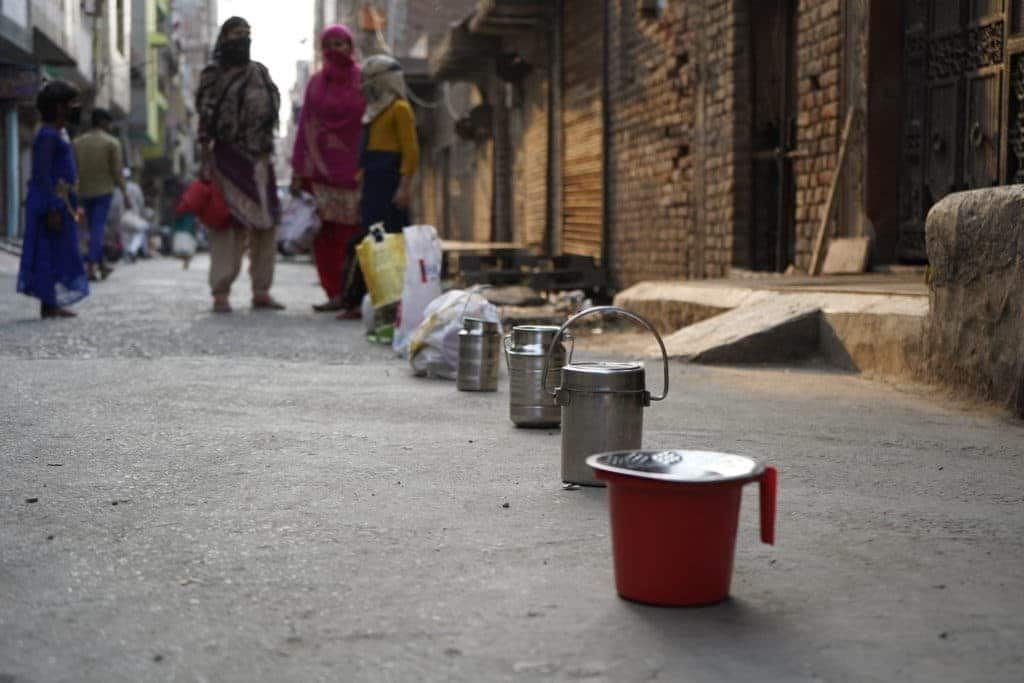
Global hunger and population displacement, which were already at record levels when COVID-19 struck, could “surge” as migrants and those reliant on a dwindling flow of remittances desperately seek work to support their families, a new UN report has warned.
In Populations at risk: Implications of COVID-19 for hunger, migration and displacement, the UN World Food Programme (WFP) and the International Organization for Migration (IOM) urged the global community to step up support for the immediate and rising humanitarian needs, as well as addressing the pandemic’s fallout, especially on the most vulnerable.
David Beasley, Executive Director of WFP, said that the socio-economic impact of the pandemic is more devastating than the disease itself.
“Many people in low- and middle-income countries, who a few months ago were poor but just about getting by, now find their livelihoods have been destroyed,” he said.
“Remittances sent from workers abroad to their families at home have also dried up, causing immense hardship. As a result, hunger rates are sky-rocketing around the world.”
The report – the first of its kind – assessed the implications of the COVID-19 pandemic for people’s food security in major migration and hunger hotspots around the world. It revealed important linkages between the two, with food insecurity – especially when combined with conflict, being one of the main drivers for people to move.
The impact the pandemic has had on the ways people move is “unprecedented”, according to the two UN agencies.
Measures and restrictions put in place to contain the spread of the disease have limited human mobility, opportunities to work and earn an income, straining the ability of migrant and displaced people to afford food and other basic needs.
António Vitorino, Director-General of IOM, highlighted COVID-19’s impact on health and human movement, warning that it not only threatens global commitment but also ongoing assistance.
“The impact of the COVID-19 crisis on health and human mobility threatens to roll back global commitments, including for the Global Compact on Migration, and hinder ongoing efforts to support those in need of assistance,” he said.
“It is our collective responsibility to safeguard the rights of people on the move and ensure their protection from further harm,” he added.
According to the report, food insecurity and displacement are closely linked: nine out of ten of the world’s worst food crises are in countries with the largest number of internally displaced persons, while the majority of displaced people are located in countries affected by acute food insecurity and malnutrition.
Migrant workers, especially those working in the temporary or informal sector, are some of the worst hit by the pandemic and its fallout. Without sustained income, many will not only be pushed to return home but will also cause at least a temporary drop in remittances that provide an essential lifeline for around 800 million – or one in nine – people in the world, the report added.



